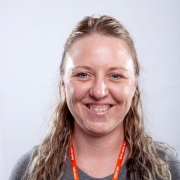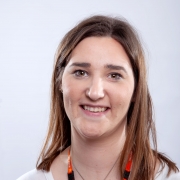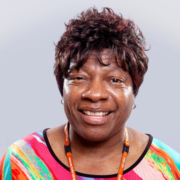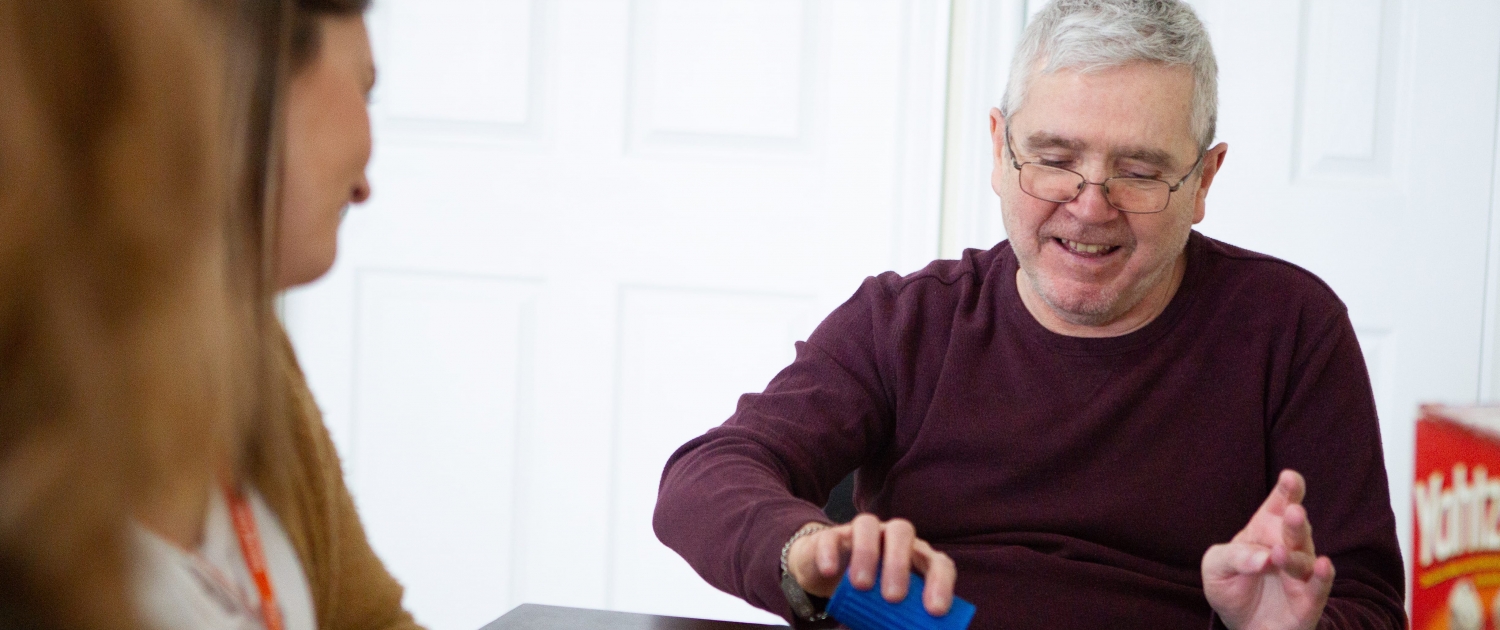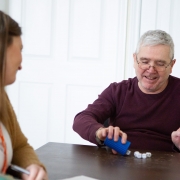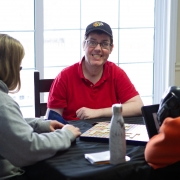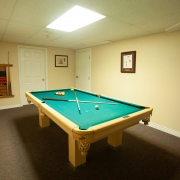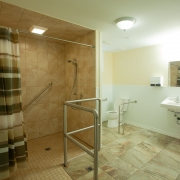Cathy Wever Place is located in Vineland, Ontario on sprawling, peaceful acreage adjacent to Campden Heights. This eight bedroom home services complex care clients who have suffered a severe ABI, have chronic cognitive and/or physical impairments and present challenging behaviours. This secure residence is designed to accommodate very challenging behaviours, such as aggression and elopement. Cathy Wever Place has all the benefits of the country while maintaining easy access to community and emergency assistance.
About our Home
- Fully secure, accessible bungalow with finished basement
- In-home lift with access to both floors
- Communal kitchen
- Accessible laundry facilities
- 5 accessible bathrooms
- Recreation room in the basement
- 4 congregate living room spaces
- 8 bedrooms
- Furnishings provided by the client
- TV/ Ethernet ports available; per client expense
- Large fenced in backyard with outside seating and vegetable gardens
- Rural setting
What We Offer
- Individualized programming based on client’s ABI rehabilitative goals.
- Structured, meaningful and consistent daily routines with an emphasis on skill building and behaviour management.
- Access to a multi-disciplinary clinical team including behaviour therapy, psychiatry, psychology, social work, nursing, occupational therapy, physiotherapy and speech language pathology.
- Capacity to address mental health and addiction issues.
- One dedicated pharmacy provider; medications securely stored onsite and administered by staff.
- 24/7 on-site staff support.
- Access to accessible transportation.
Questions?
Check out Why HIRO? for more information.
